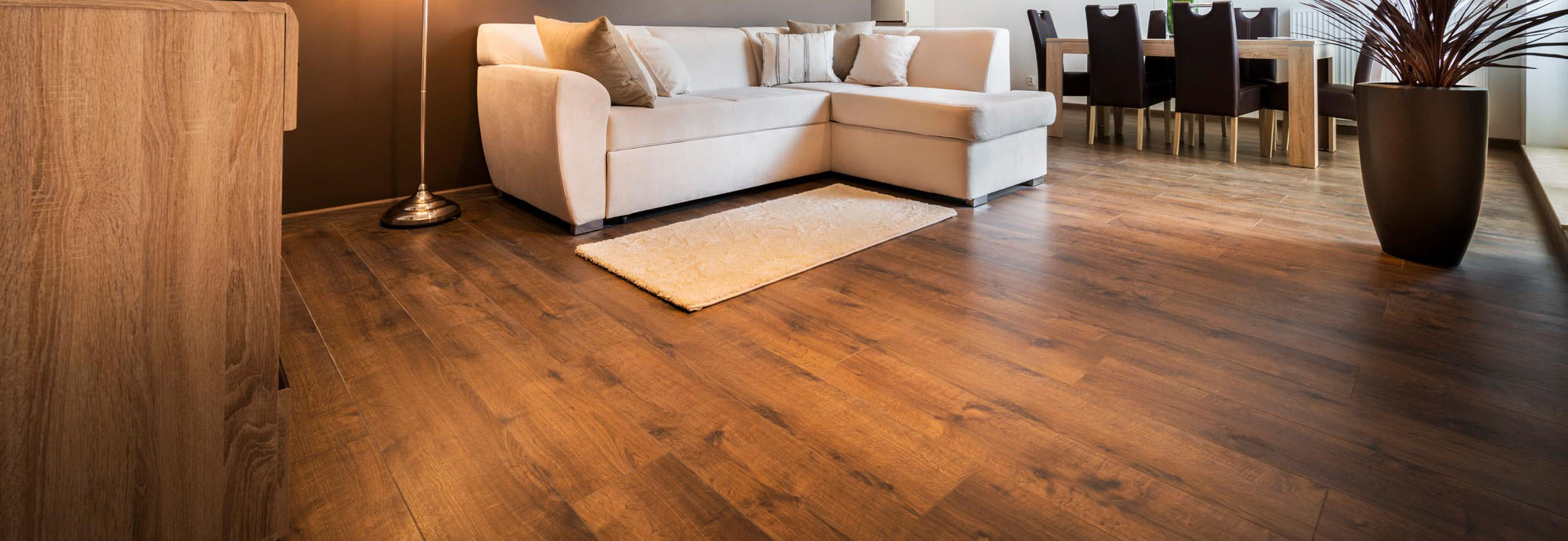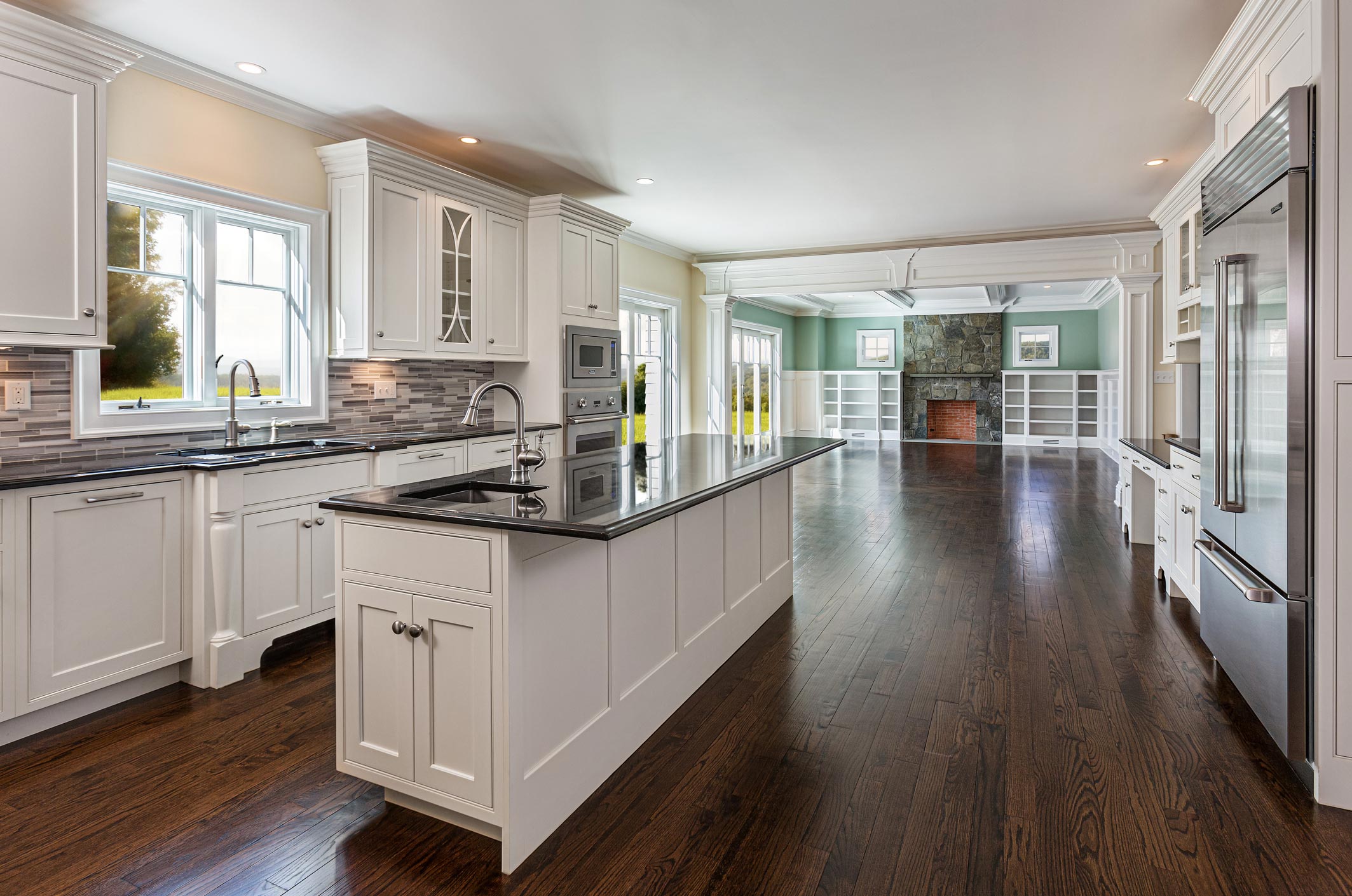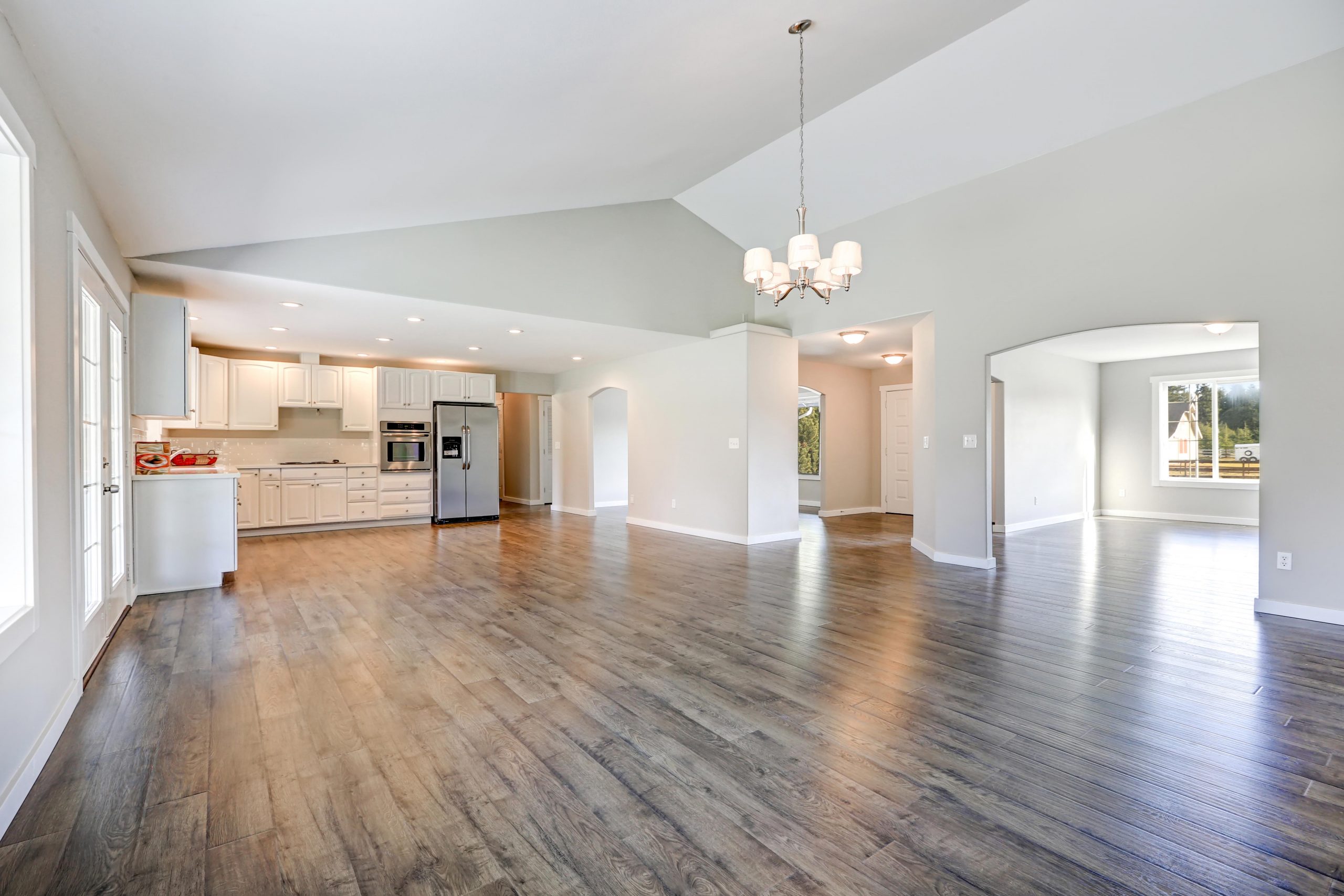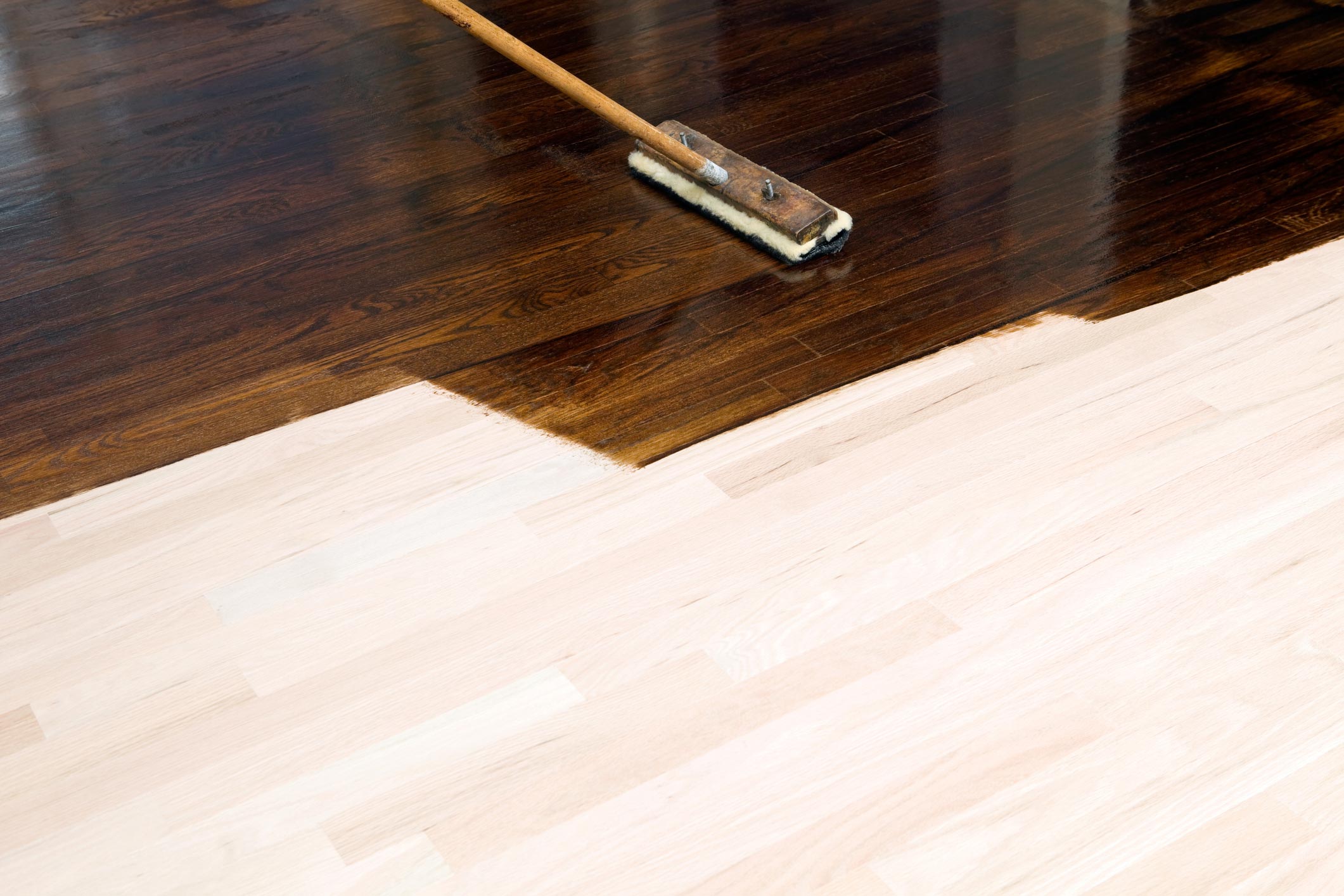Are Floating Floors in Your Home a Good Idea?

If you’re looking to replace your existing hardwood floors or are adding brand new floors as part of an addition, you may wonder if floating hardwood floors is a good idea. These are essentially new floors that can be installed by floating them over the underlayment and subfloor of existing floors.
They’re easy and convenient to install, which is why so many homeowners choose this route. With this trend has come many more popular styles to choose from. Let’s go over the pros and cons of floating floors to help you decide if this is something that’s right for you.
Pro and Cons of Floating Floors in Homes
Floating engineered hardwood floors can be a great choice for all kinds of residential spaces. However, you should avoid their use in homes where wheelchairs are used, or in areas that get a lot of moisture, such as laundry rooms, bathrooms and basements. Here’s a look at the benefits and drawbacks of floating floors in general.
Pros of Floating Floors
Floating floors are a great idea for many reasons. Not only is this installation method cost-effective, it’s also very easy to perform. If you want to DIY your floors, this is the way to go. However, you can also hire pros to handle this for you. It’s relatively affordable and quick, so you can gain access to your house again without a loss in productivity.
On top of that, floating floors are beautiful, and it’s simple to replace damaged planks as needed if scratches or dents occur. As such, you don’t have to replace the whole floor, which saves time, money and hassle.
Cons of Floating Floors
While many homeowners love floating floors, they’re not for everybody and they’re not ideal for all living situations. One of the biggest disadvantages to floating floors is that they tend to amplify sound. As a result, you wouldn’t necessarily want to install them in a soundproofed music room or study room. Always consider location before deciding on floating floors.
Another disadvantage is that they can’t be refinished or restained, so keep this mind when considering floating floors, especially for high-traffic areas. In addition, floating floors are more sensitive to moisture and humidity, which can lead to warping, pitting, mold growth and other damage. This is why you should not install floating floors in bathrooms or basements, and you should not install them in commercial buildings either.
A Note About Wheelchairs
As we touched on above, wheelchairs and floating floors don’t mix. Whether you’re remodeling a retail space or you have a home where wheelchair-bound individuals are living, don’t go with floating floors.
That’s because your floating floors will quickly show signs of wear and tear when wheelchairs are involved due to the layer of air between the floor and subfloor. The added pressure of the wheels will cause your flooring to wear down more rapidly than if you were to have solid glued-down floors.
Contact All Flooring Install
Still not sure if floating floors are right for you? Why not get in touch with our design team for advice and a quote?







